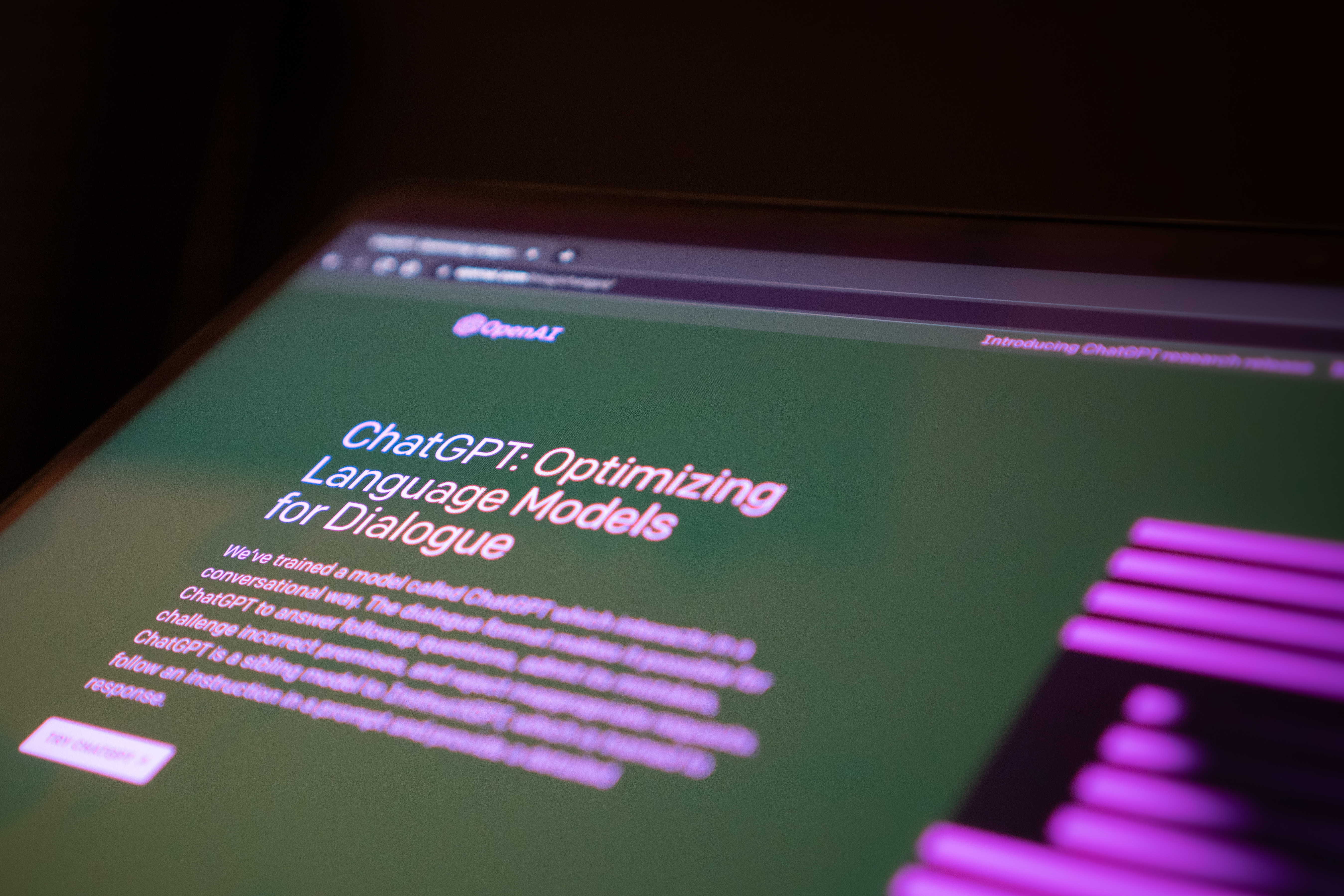News release
From:
Assessment of AI Chatbot Responses to Top Searched Queries About Cancer
JAMA Oncology
Editorial
Artificial Intelligence—From Starting Pilots to Scalable Privilege
JAMA Oncology
Research Letter
Use of Artificial Intelligence Chatbots for Cancer Treatment Information
About The Study: The findings of this study suggest that artificial intelligence (AI) chatbots generally produce accurate information for the top cancer-related search queries, but the responses are not readily actionable and are written at a college reading level. These limitations suggest that AI chatbots should be used supplementarily and not as a primary source for medical information.
Authors: Abdo E. Kabarriti, M.D., of the State University of New York Downstate Health Sciences University in New York, is the corresponding author.
(doi:10.1001/jamaoncol.2023.2947)
Editor’s Note: Please see the article for additional information, including other authors, author contributions and affiliations, conflict of interest and financial disclosures, and funding and support.
# # #



 International
International



